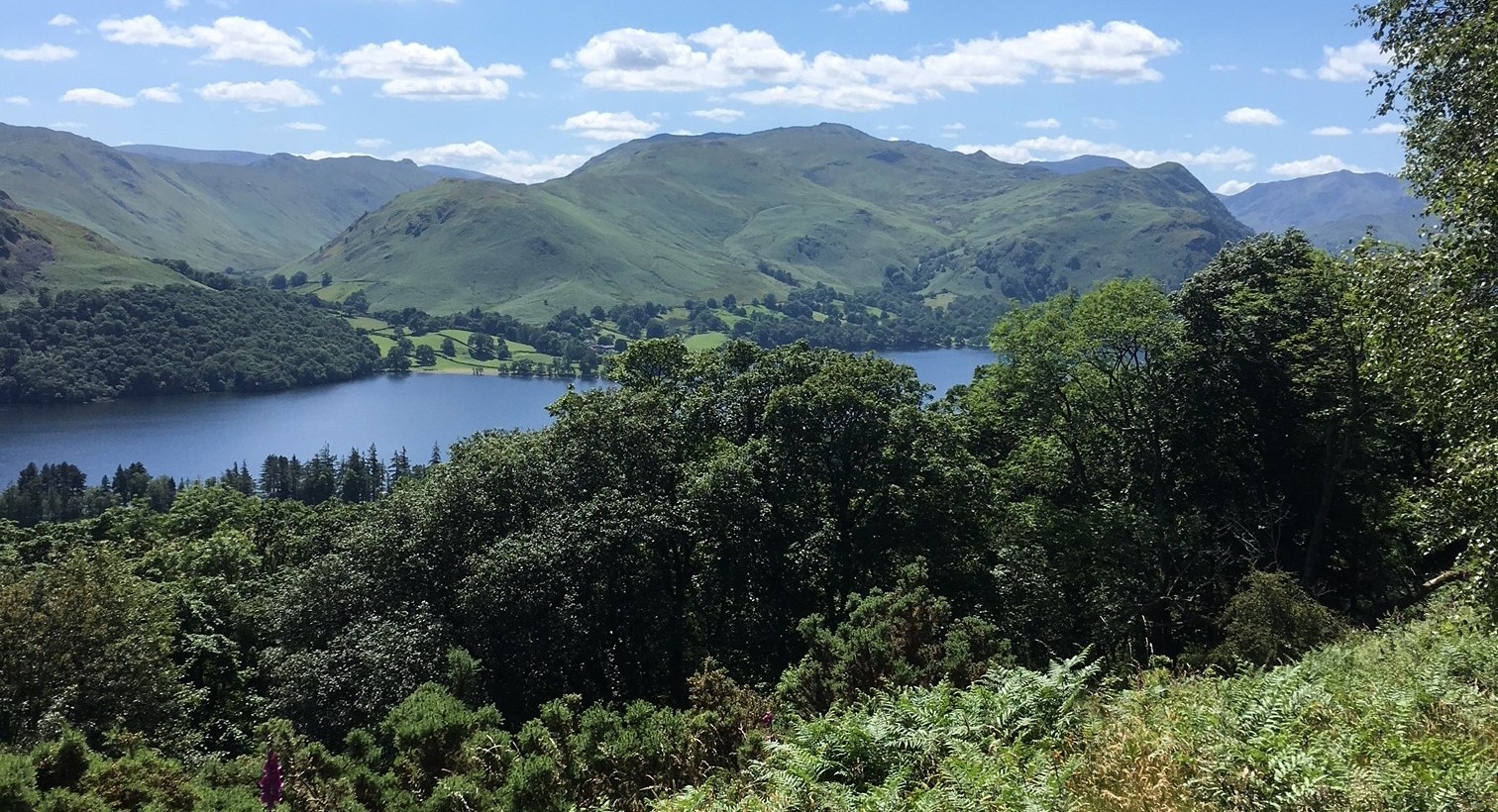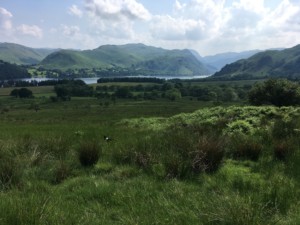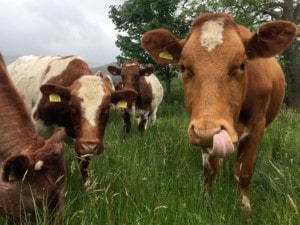
- This event has passed.

3 Day Wilderculture Training For Landowners
November 19, 2019 @ 9:00 am - November 21, 2019 @ 5:00 pm
£2953 Day Training Wilderculture 19th, 20th and 21st of November.
Lunch included. 9am – 5pm daily. On booking we will provide a kit list and additional information about location, itinerary, local accommodation and travel information.
Who?
For large upland farms, Estates or Islands who are looking to implement landscape-scale ecological restoration projects.
If you’re confused about where to start or not sure how to incorporate the complexity of existing culturally and economically valuable activities and their associated infrastructure and employees then this course is for you.
Where?
Wilder Gowbarrow is a Wilderculture project in partnership with Gowbarrow Hall Farm.
Gowbarrow Hall Farm is a family run farm on the south facing shores of Ullswater in the Lake District.
Gowbarrow Hall Farm has a rich landscape history and includes fell land, ancient wood pasture, woodland and upland hay meadows and currently supports a flock of Swaledale sheep and Shorthorn cattle.
The project led by Caroline Grindrod, Wilderculture C.I.C, will be working with the family at Gowbarrow Hall Farm to use a ‘Wilderculture approach’ for managing the land.
Wilderculture is a hybrid of ‘rewilding’ and regenerative farming – applied using the Holistic Management framework – that restores nature and landscape function, but just as importantly, contributes significantly to sustainable nutrition security and farm profitability by producing high quality 100% grass-fed meats and wild game.

What?
This training is the first step in how to understand and manage living complexity for better results in terms of productivity, livestock health and the impact on the local and global ecosystem.
The current thinking on landscape management comes from a rational paradigm that separates and studies the individual parts to assess their role within the whole. Although this is useful and appropriate when managing most non-living static ‘complicated’ situations or entities, it has disastrous consequences when applied to ‘complex’ self-organising living systems such as landscapes and their habitats and farming systems.
Mechanistic thinking has led to the current soil and biodiversity degradation we face today as well as significantly reduced the productivity and therefore profitability of our landscapes making us highly reliant on subsidies and reducing our resilience to climate change.

1. This course will help you achieve the shift in thinking required to better manage landscapes and their associated operations. Rather than subdividing habitats and activities and applying prescriptive management – which inevitably leads to incorrect assumptions and poor results – you will learn how to take a systems thinking approach to managing your landscape.
2. We will cover how to assess habitats and farmland from an ecosystem perspective and what tools are available to you to modify the environment to increase its ecological, social and economic value.
3. We will help you explore the options and limitations of your own situation and give you confidence and ideas to move forward with a more holistic approach to managing your site.
4. We will teach you the steps you need to take to fully map, monitor and manage your environment and help you to create a 100-year vision for your land and its people.
5. You will learn a decision-making process that helps you make sound choices to ensure you are moving towards your vision without it being derailed by unexpected social or economic setbacks.
6. You will be given free access to the accompanying online course and its extensive resources as well as access to our dedicated online community of people who have attended the training.
7. Additional support in the form of consultancy will also be available following the course.
Why?
In the UK uplands, there has been a significant loss of biodiversity and a call from some to reduce or remove livestock – especially sheep – and instead adopt rewilding on these less productive areas.
However, in the green and pleasant UK, environmentalists must be careful not to forget that the UK is part of the larger global ecosystem and what impacts the world will influence the long-term future of UK land. Major factors that are influencing world agriculture are;
· Global agricultural land is rapidly diminishing, increasing the reliance on moister climates to sustain a hungry global population.
· Globally we are losing 10 tons of soil for every ton of food produced with the FAO stating we have less than 60 global harvests left.
· Over 75% of the Earth’s land area is already degraded, and over 90% could become degraded by 2050.
· Globally, a total area half of the size of the European Union (4.18 million km²) is degraded annually, with Africa and Asia being the most affected.
Any large scale moves to remove upland areas from food production could have serious repercussions in the future for humanity as a whole.
Although the uplands are marginal in agricultural terms producing a small volume of calories and protein when compared to arable crops, the nutrient density of the meat produced is higher than any other food – a hugely important factor in creating truly sustainable nutrition security.
As we see an intensification of food production on our depleted arable land and a shift in diets towards nutrient poor grain-based food, ensuring we have a sustainable supply of nutrient-rich healthy foods from land that is unsuitable for plant food production is essential.
How we graze and manage livestock however cannot continue as ‘business as usual’ with further soil and biodiversity loss. Regenerative farming has an impressive record for turning degraded land into healthy ecosystems that can also produce food over millions of acres globally, but applying this to uplands has its own unique complications.
Wilderculture is an application of holistic management in the uplands and is a hybrid of regenerative grazing, rewilding and wild game management that offers an exciting alternative to existing rewilding models.

